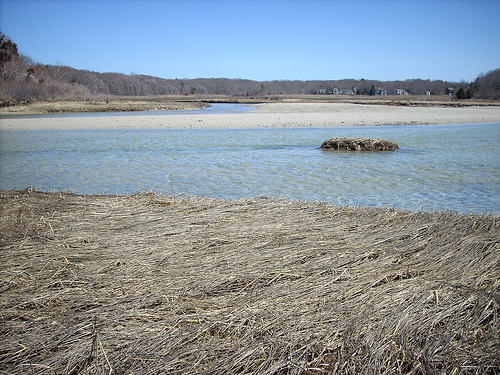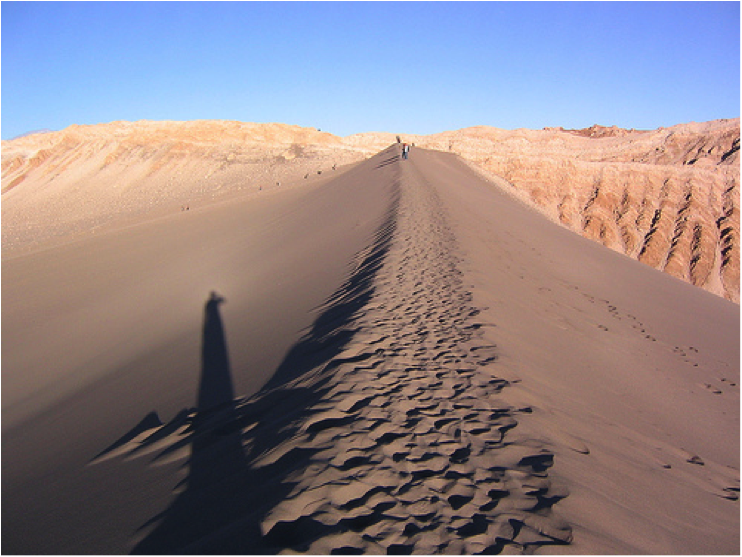By SAHIBA GILL
There was a short time, just before I stopped carrying a backpack to school, when I coveted a t-shirt with the words “citizen of the world” on the front. I signed letters for Amnesty International that year, but I never bought the shirt. A few years later, when we tired of the war in Iraq, many pointed out that six of ten young Americans could not locate the country on a map, although half couldn’t find the Empire State either.The war was remote, elsewhere. As far away (farther, even) than Abu Dhabi, where cartoon cat Garfield tries to ship his nemesis—a place galactically distant. When I moved here, I had to look at a map to find out where I was.














